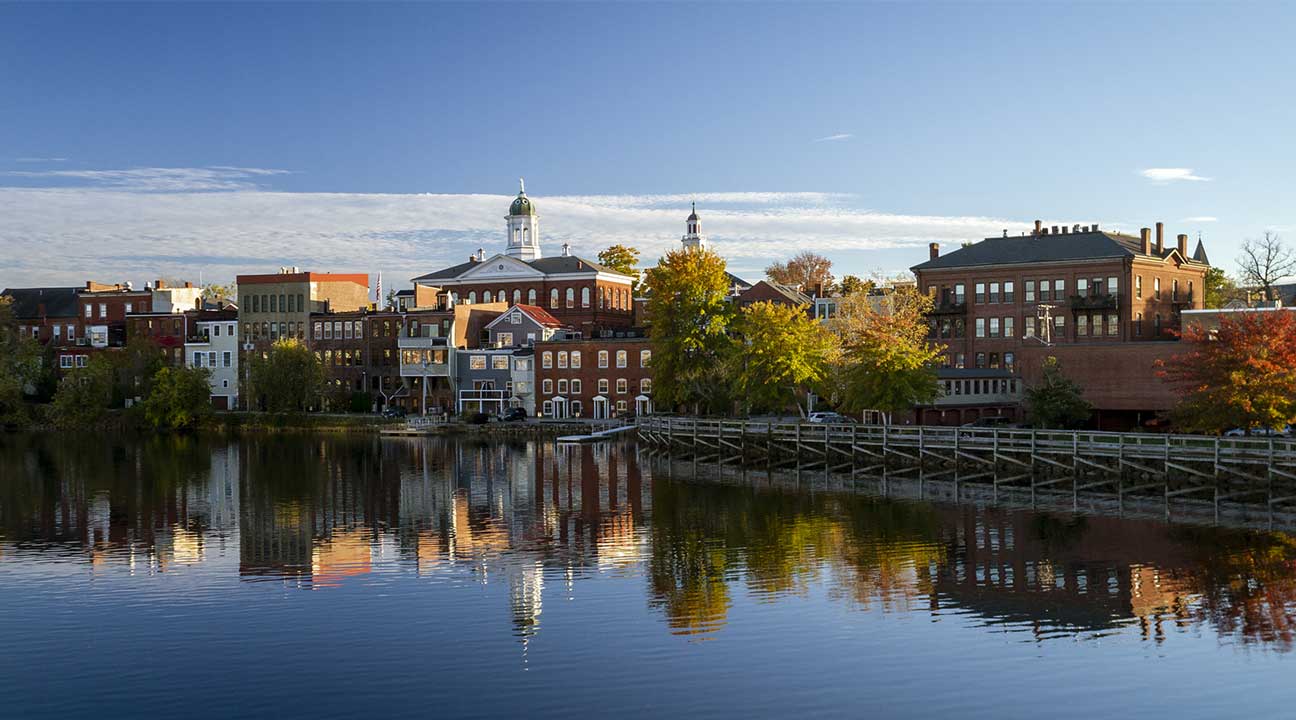Substance abuse treatment is available in New Hampshire. There are 72 substance abuse treatment centers in the state. Among them, 67 accept private insurance and the remaining 36 accept Medicaid and federal military insurance. The state has a low uninsured rate, at 5.1 percent, which is less than half of the national average. Many treatment facilities also offer payment plans or financing options to make treatment more affordable. However, you may need to look beyond private insurance and Medicaid for treatment.
Depending on the severity of your addiction, a medical detox may be recommended. Inpatient treatment includes medical monitoring and ongoing medical support. Outpatient treatment requires less time and allows for more freedom. While an inpatient stay has its benefits, outpatient rehabilitation is often a necessary step after detox. It allows patients to receive regular counseling and therapy as well as recovery support. In addition, many treatment centers offer outpatient services to help patients maintain a sober lifestyle outside of treatment.
There are several types of addiction treatment in New Hampshire. In 2015, heroin was the most commonly used substance, accounting for nearly half of all treatment admissions. Other substances such as alcohol and prescription painkillers followed. In addition, heroin treatment admissions rose by 30% from 2013 to 2015. New Hampshire’s Bureau of Drug and Alcohol Services oversees prevention and treatment programs in the state and has several options for people in need of help. Many people in New Hampshire can find help through these treatment centers.
The state’s opioid problem is particularly dangerous. Many young adults in New Hampshire are at risk for heroin addiction. However, the state’s rate of pain medication abuse is lower than heroin. Despite its lower prevalence, young adults are becoming addicted to dangerous street drugs. Intoxicants commonly trade in bars, dance clubs, and residential areas. An estimated 11% of New Hampshire residents have used an illicit substance in the last 30 days. Fortunately, more people are now seeking treatment as they realize the harms of their drug use.
If you cannot afford to pay for addiction treatment in New Hampshire, you can look for free options. The National Alliance on Mental Illness provides a directory of mental health resources throughout the state, including treatment facilities. The DHHS-supported facility also offers sliding fee scales and Medicaid for patients. In addition, New Hampshire has dual-diagnosis treatment centers that can help people suffering from both substance abuse and mental illness. If you’re unsure about the cost of addiction treatment in New Hampshire, look into your state’s Medicaid eligibility.
Some treatment centers offer sober living residences to their patients. These are similar to AA meetings and provide support for both alcohol and drug addicts. Several New Hampshire NA meetings are held each week. NA members find the support of other members of the group to be extremely helpful when they’re struggling with addiction. And there are meetings in many cities of the state. In some cities, NA meetings can be as informal as two hours each week.



